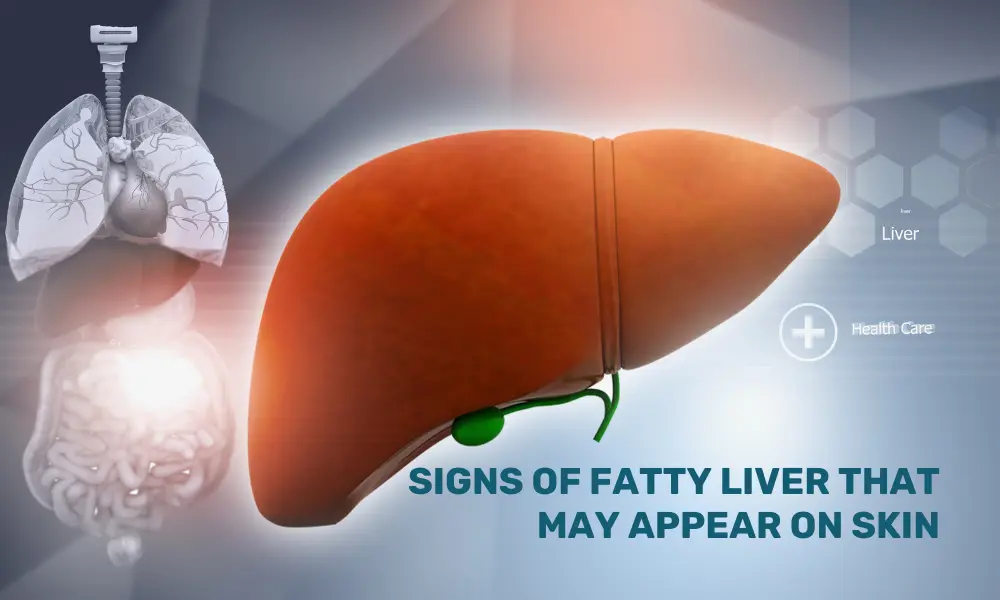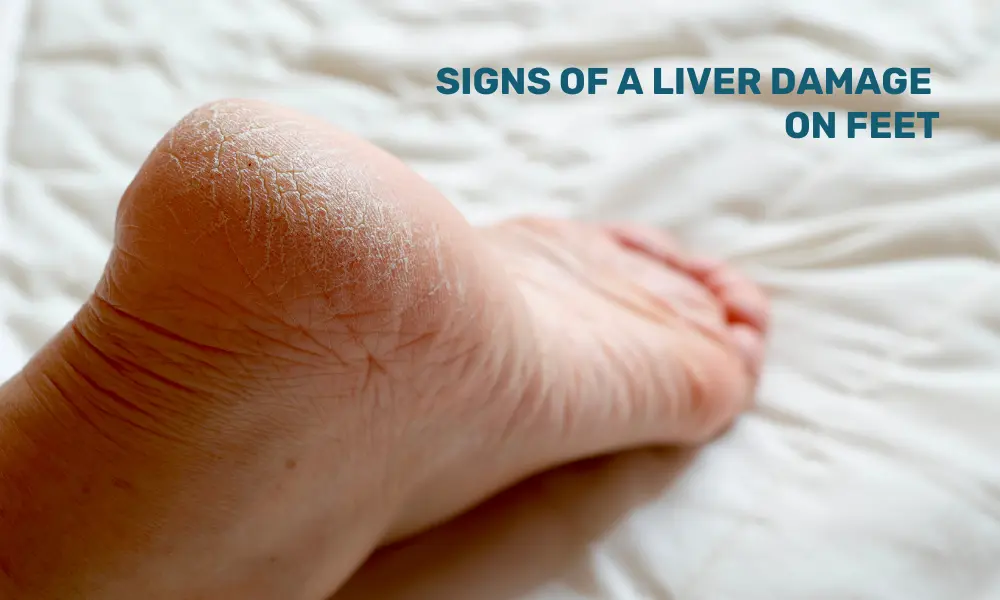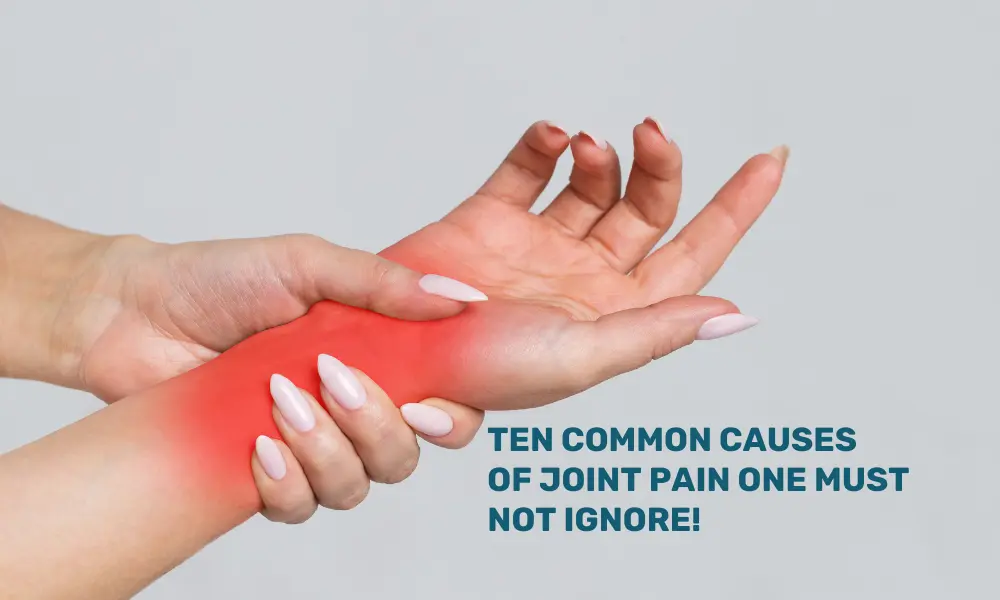Nowadays, high cholesterol is increasingly becoming a common problem among people. If neglected, it can become a major risk factor for certain health complications like cardiovascular disease, heart attack, and stroke. Fortunately, there are many ways to manage it and keep cholesterol levels under control, thereby preventing health complications.
One must remember that for a healthy heart, it is important to adopt healthy daily habits. Find out how these tips can make a difference to your well-being!
1. Nutrition is the key
Nutrition is one of the key factors that influences cholesterol levels. Here are some ways and habits that can help improve your lipid profile:
-
Red meats, fatty cheeses, buttery foods, and fried foods are high in fats, so one must avoid such foods as they are too fatty!
-
One must incorporate foods rich in unsaturated fats, such as avocados, nuts, olive oil, and oily fish. They will be good for your heart.
-
Foods rich in fiber, especially the soluble fiber found in foods such as legumes, pears, apples, and oats, form a gel-like substance in the intestines that traps cholesterol and prevents it from accumulating in the body for an extended period.
-
Include nuts, seeds, and products fortified with plant sterols, as they will help keep bad cholesterol in check.
2. Regular physical activity is a must
Physical activity is one of the best ways to manage cholesterol levels. Ideally, one should engage in at least 150 minutes of activity per week, such as walking, biking, or swimming (or 75 minutes of intense activities like running or spinning). Even if one is not an athlete, starting small is a good approach, like 10 to 15 minutes a day is sufficient. It is important to be consistent and gradually increase the intensity of your workouts.
3. Smoking is indeed injurious
Smoking is considered highly dangerous for our health, and it has a great impact on cardiovascular health. Smoking reduces HDL cholesterol levels (the good cholesterol) and promotes atherosclerosis, significantly increasing the risk of major heart-related complications such as myocardial infarction and stroke. Quitting smoking can cause quick cardiovascular improvements. Quitting smoking can normalize blood pressure, increase HDL cholesterol, and reduce vascular inflammation. So, one must stop smoking as a part of managing cholesterol.
4. Limit alcohol consumption
Alcohol, when metabolized by the body, generally increases the production of triglycerides, which are the fats present in the blood. And when triglycerides are present in our blood in excess, they can clog the arteries. For this reason, it is important to limit its consumption. Moderate consumption can, in some cases, increase good cholesterol, but it is important not to overdo it.
5. Keep your weight under control
Being overweight and obese is associated with higher levels of low-density lipoprotein (LDL) cholesterol and triglycerides. Even a small amount of weight loss can improve an individual’s lipid profile by increasing good cholesterol (HDL). To maintain a healthy weight, it is essential to consume a balanced diet, avoid processed foods, and engage in regular physical activity.
6. Stress Management
Chronic stress is one of the major risk factors for hypercholesterolemia. Relaxation techniques, such as deep breathing, mindful thinking, meditation, and yoga, can reduce cortisol levels (the stress hormone) and promote mental and physical well-being, thereby supporting cholesterol control and effective management of overall cholesterol levels.
The Bottomline
Maintaining cholesterol levels requires several individualized strategies. Regular monitoring of lipid levels and close collaboration with the treating physician are crucial for optimizing therapy and preventing complications.
Adopting a healthy lifestyle, which includes a balanced nutritional diet high in fiber, avoiding processed foods, and consuming foods low in saturated fat, along with regular physical activity and, if necessary, medication, is key to controlling cholesterol levels and preventing cardiovascular disease. To consult a specialist – CLICK HERE!
Disclaimer: This article is meant for informational purposes only and must not be considered a substitute for professional advice.





